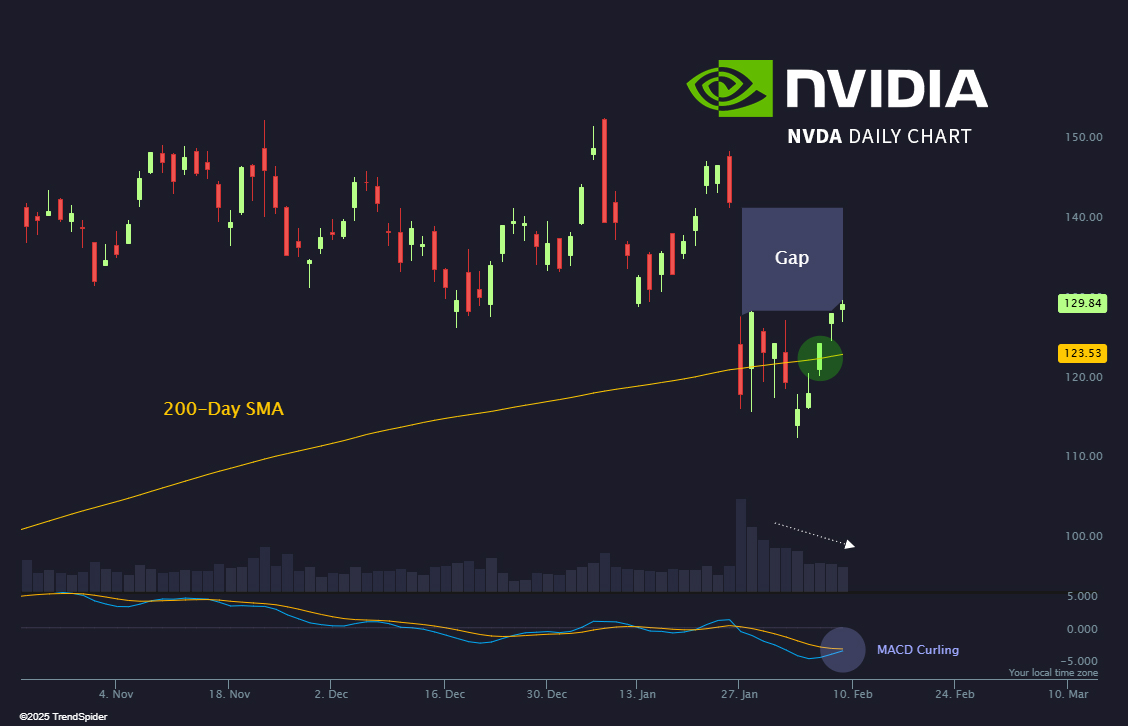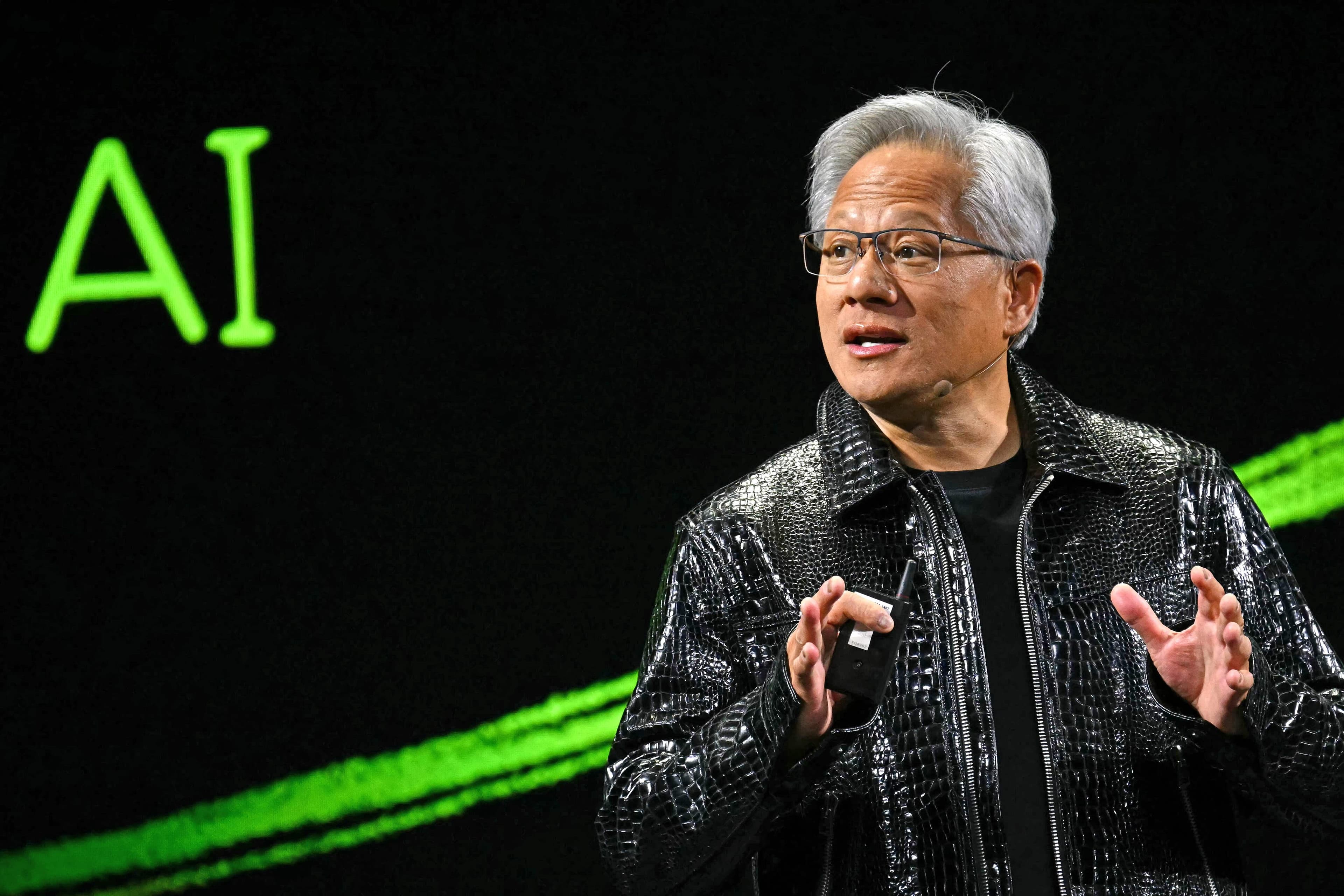Jensen Huang"s Comments on AI Race Lead to Significant Market Loss for Nvidia
In a surprising turn of events, Nvidia CEO Jensen Huang"s remarks regarding China"s position in the artificial intelligence (AI) race have triggered a dramatic decline in the company"s market capitalization. On Tuesday, November 4, 2025, Huang stated that China “is going to win the AI race” against the United States unless significant changes occur. This bold assertion resulted in a staggering $500 billion drop in Nvidia"s market cap over the following three days.
Key Details
Jensen Huang, who has been at the helm of Nvidia since its inception, has never before made such explicit comments regarding China"s potential dominance in AI. His statement raised eyebrows across the technology sector and beyond, highlighting the intense competition between the U.S. and China in the rapidly evolving field of artificial intelligence.
In response to the backlash from his initial comments, Huang issued a clarification later that same evening, stating that China is “nanoseconds behind” the U.S. in AI technology. This attempt to mitigate the impact of his earlier statement came less than 24 hours before reports surfaced indicating that the U.S. government is preparing to announce a ban on the sale of Nvidia"s scaled-down AI chips to China. This potential ban underscores the ongoing tensions between the two nations regarding technology and trade.
Adding to the intrigue, just one week prior to Huang"s controversial remarks, former President Donald Trump met with him before a scheduled meeting with Chinese President Xi Jinping. The discussions that took place behind closed doors during this meeting remain undisclosed, raising questions about the political dynamics influencing the tech industry.
Background
Nvidia, a leading player in the AI and semiconductor markets, has been a focal point in discussions about the future of technology in both the U.S. and China. The company"s innovations in AI have positioned it as a critical competitor in the global market. Huang"s comments reflect a growing concern among U.S. tech leaders about the rapid advancements being made by Chinese companies in AI research and development.
The U.S. government"s potential ban on Nvidia"s AI chips to China is part of a broader strategy to curb China"s access to advanced technology, which officials believe could be used for military purposes. This move aligns with the increasing scrutiny of U.S.-China relations, particularly in the technology sector, where both countries are vying for supremacy.

Image for Nvidia"s market cap drops $500 billion after Jensen Huang"s China comments
What"s Next
The implications of Huang"s comments and the subsequent market reaction could have lasting effects on Nvidia and the broader tech industry. Investors will likely be closely monitoring the company"s stock performance as the situation develops, especially in light of the potential sales ban on AI chips to China. Furthermore, the ongoing geopolitical tensions may influence future collaborations and investments in AI technology, making it essential for companies to navigate these challenges carefully.
As the U.S. and China continue to compete for leadership in AI, the stakes are high for companies like Nvidia. The outcome of this rivalry will not only shape the future of technology but also impact global economic dynamics.
For further insights into the implications of Huang"s comments, refer to our previous reports on the competitive landscape in AI technology.

![[Video] U.S. Secretary of War Hegseth directs CDAO to enforce DOW data decrees](/_next/image?url=%2Fapi%2Fimage%2Fthumbnails%2Fthumbnail-1768267268858-qe5gg-thumbnail.jpg&w=3840&q=75)
![[Video] U.S. Secretary of War Hegseth announces AI models for all networks](/_next/image?url=%2Fapi%2Fimage%2Fthumbnails%2Fthumbnail-1768266692112-e1gew-thumbnail.jpg&w=3840&q=75)




![[Video] Gunfire between Iraqi security forces and Sadr militias in Baghdad](/_next/image?url=%2Fapi%2Fimage%2Fthumbnails%2Fthumbnail-1768343508874-4redb-thumbnail.jpg&w=3840&q=75)
